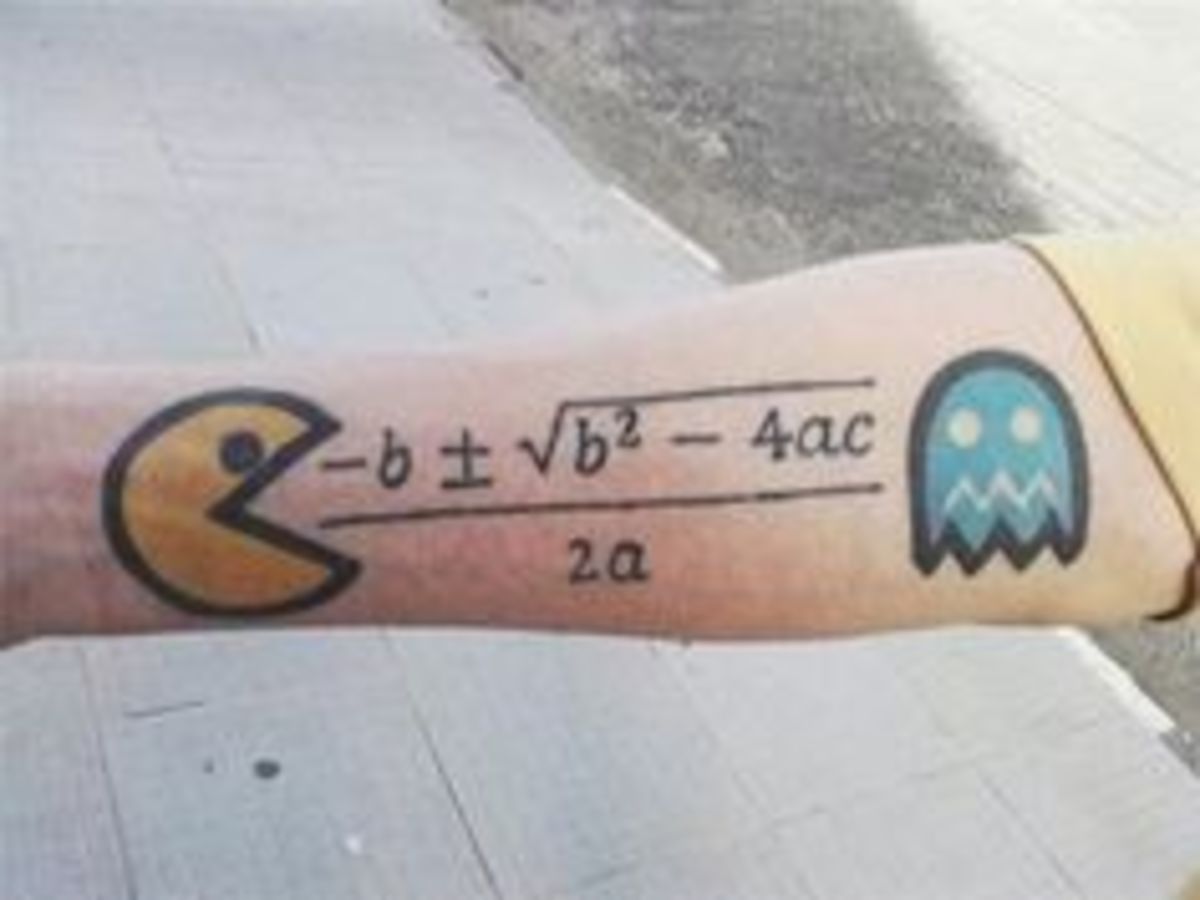Quadratic Type
Algebra
Level
3
Solve the given Equation : (x+1)(x+3)(x-5)(x-7)=192

-3 , 6 +\sqrt{23} , 1 ,6 -\sqrt{23}
none of these
impossible
3 , 1 , 2 +\sqrt{33} , 2-\sqrt{33}
This section requires Javascript.
You are seeing this because something didn't load right. We suggest you, (a) try
refreshing the page, (b) enabling javascript if it is disabled on your browser and,
finally, (c)
loading the
non-javascript version of this page
. We're sorry about the hassle.
When approaching this problem it is important to pair terms that produce the same x 2 a n d x coefficients so we can make a substitution to break down the problem. Here's how it goes... ( x + 1 ) ( x + 3 ) ( x − 5 ) ( x − 7 ) = ( x + 1 ) ( x − 5 ) × ( x + 3 ) ( x − 7 ) = ( x 2 − 4 x − 5 ) ( x 2 − 4 x − 2 1 ) Now we can form a difference of two squares by using u = x 2 − 4 x − 1 3 ... ( u − 8 ) ( u + 8 ) = 1 9 2 ⇒ u 2 = 2 5 6 s o u = ± 1 6 u = 1 6 ⇒ x 2 − 4 x − 2 9 = 0 ∴ x = 2 ± 3 3 . Similarly, for u = -16: x 2 − 4 x + 3 = ( x − 1 ) ( x − 3 ) = 0 ∴ x = 1 , 3